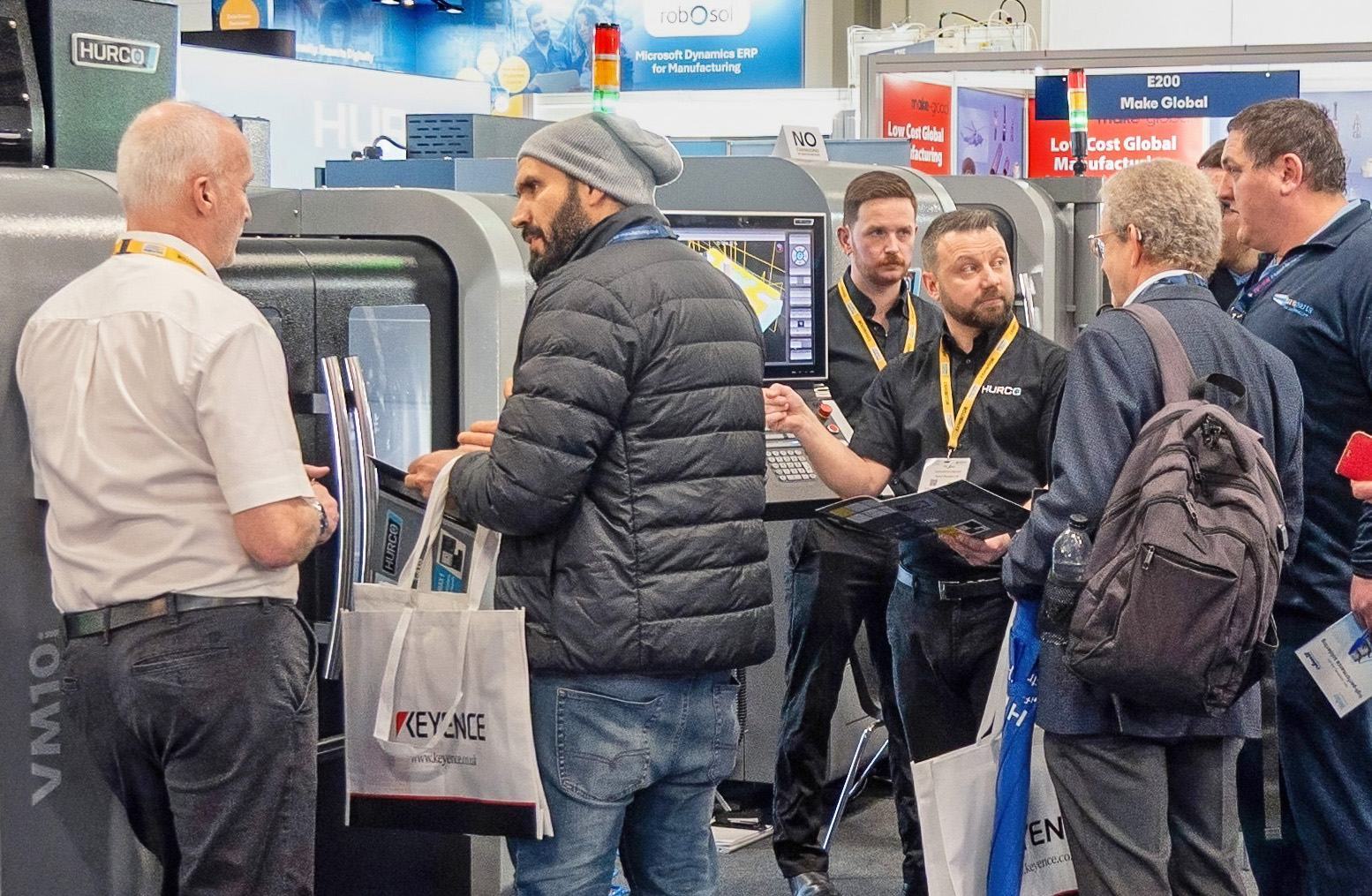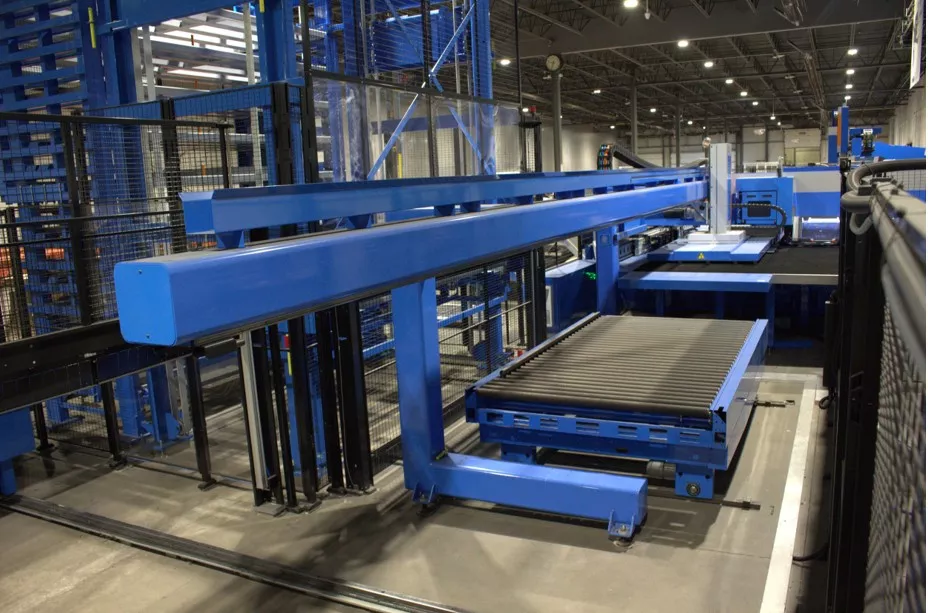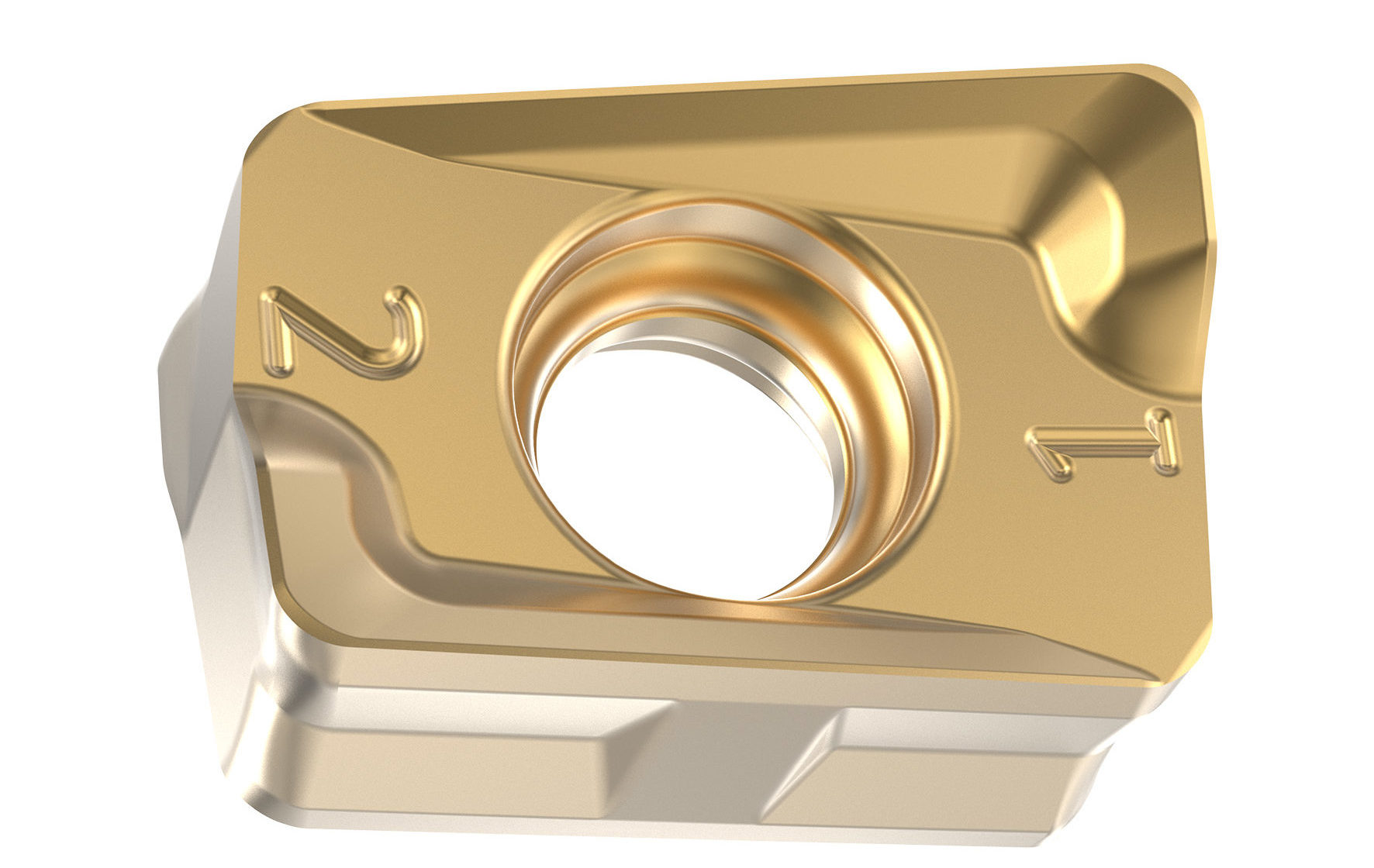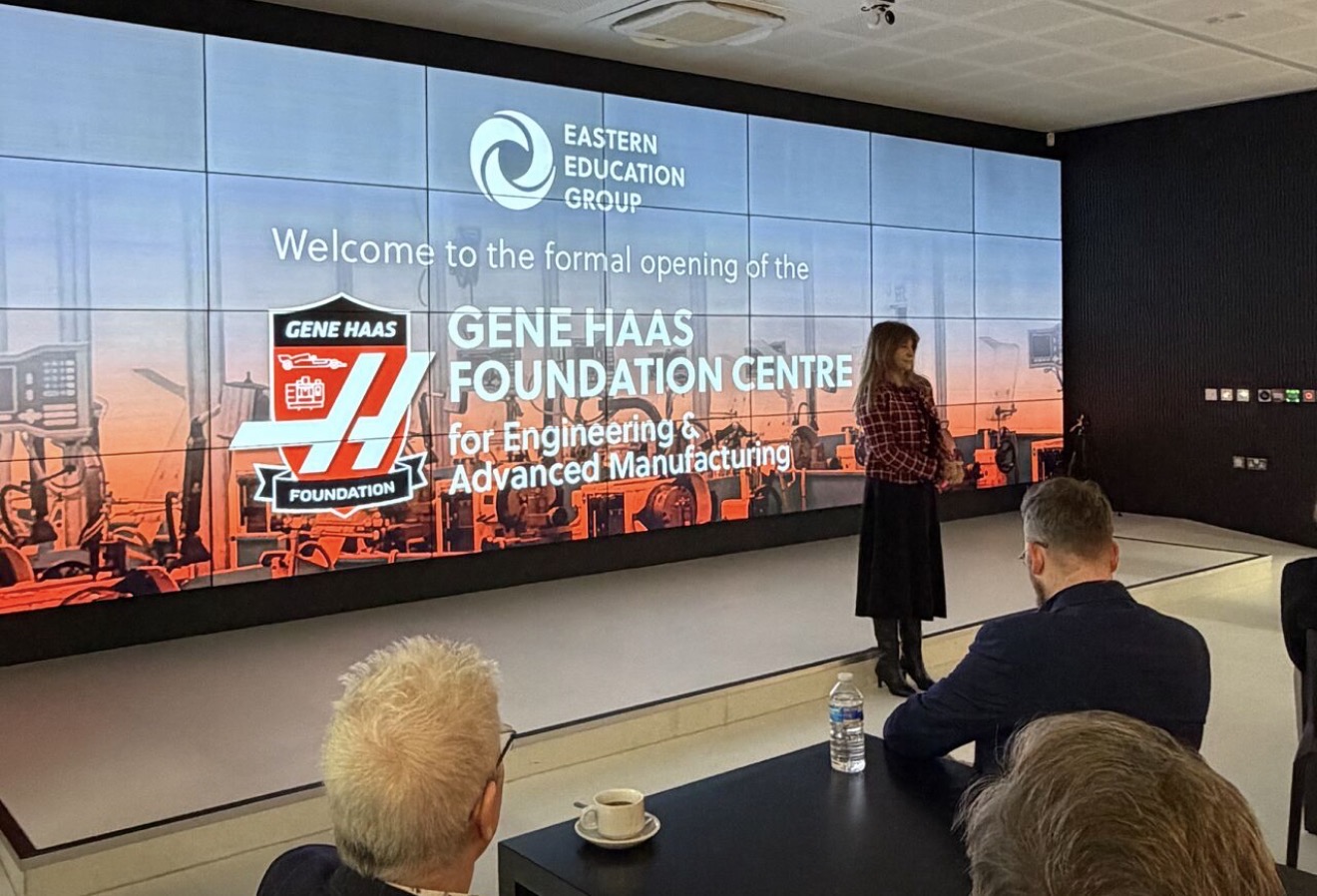Let’s Talk Manufacturing – igus: far more than energy chains, cables and bearings
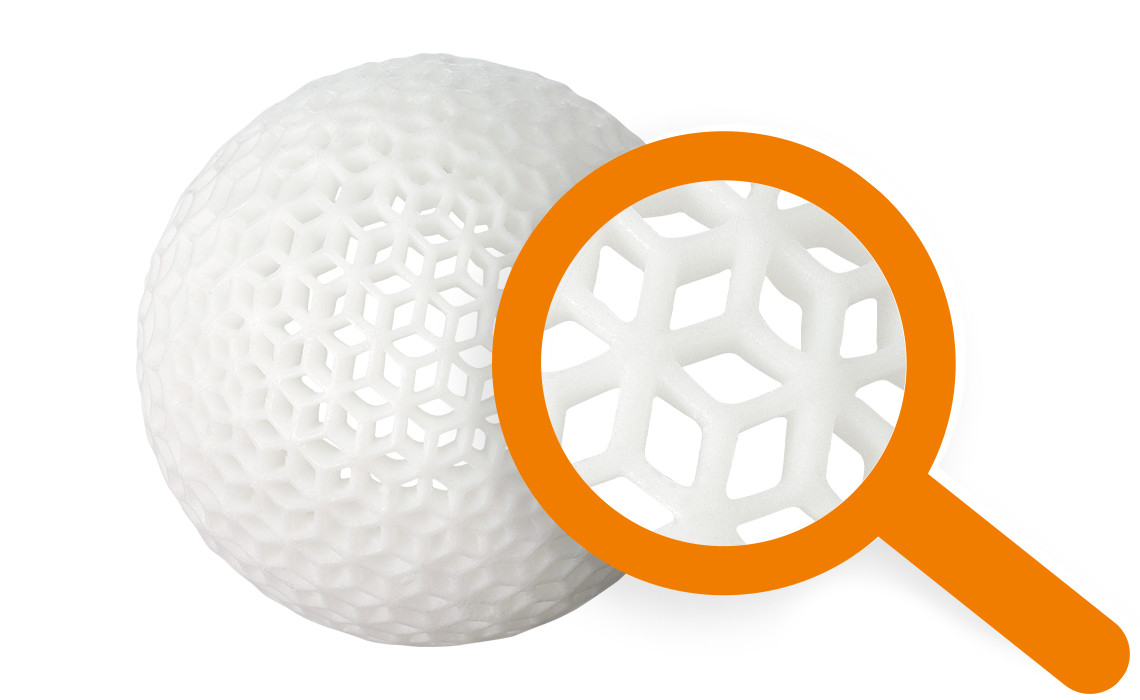
In this ‘Let’s Talk Manufacturing’ Matthew Aldridge, managing director of igus UK Limited, talks with contributing editor Steed Webzell about some of the company’s less familiar but rapidly growing business areas
Recording global sales in 2021 of €961 million, igus® is a major supplier of parts for the machine building market, holding more than 234,000 energy chains, cables and plain bearings in stock. The company has around 4500 employees at 31 subsidiaries, backed up by 47 sales partners in a further 52 countries. But today there is far more to this progressive business than meets the eye, with igus providing a comprehensive range of customer solutions in areas such as 3D printing and low-cost automation.
Licence to print
“We’ve always been active in the field of high-tech engineering plastics, so when 3D printing started to become a production process we began experimenting by seeing if we could get our proprietary materials to print,” states Matthew Aldridge, managing director at igus UK Ltd. “We had a great degree of success and a whole range of engineering materials has been developed over the past four or five years that are suitable for 3D printing, using both FDM and SLS processes.”
igus has two ways of approaching the market. The company can supply its materials to customers for use in their own printers or, more typically, customers can send a CAD model for printing at igus. Turnaround is 1-3 days to manufacture the parts, plus 24 hours shipping from the company’s advanced 3D printing centre in Cologne, Germany.
“We’ve achieved a number of breakthroughs in this area,” says Mr Aldridge. “For instance, we now have an FDA-approved material for use in the food industry. We can also print extremely large parts up to 3m in length.”
igus can even print injection mould tools. If a customer has a complex part design and needs to test a prototype, but wants to avoid the considerable cost associated with manufacturing a standard metal production tool, igus can 3D-print a plastic tool set that will be sufficient to mould a few hundred pieces.
Notably, 3D printing services from igus are available online. Customers can drag and drop their 3D models into a dedicated area on the company’s website. After selecting the material required, users instantly receive a price and, if satisfied, press the order button. This digital provision also includes online service life calculations based on actual wear results measured under laboratory conditions.
“UK demand for 3D printing is high,” states Mr Aldridge. “Budgets for components and tools are being squeezed, as are lead-times. 3D printing is not the answer to every engineering problem, but it is part of the portfolio of solutions that we offer in 2022.”
Low-cost automation
Another interesting and perhaps less familiar aspect of the igus offer is low-cost automation. However, Mr Aldridge explains that this evolution of the company’s business was a natural progression.
“We manufacture a range of linear bearings – a very special plastic liner held in a housing that slides on a linear rail made from anodised aluminium,” he says. “Our automation offer grew from there when we then started adding a drive system to those slides, either a lead screw or a belt. We then began adding couplings to the ends, and stepper motors, so we ended up with a complete linear module. By combining a number of modules we found that we could build an entire XYZ Cartesian or gantry robot, something we’ve now been doing for the past 10-15 years.”
Using that same idea and core technology, igus can mount its linear slides in different configurations to make delta, SCARA or even a six/seven-axis articulated arm robots, all offering the familiar igus premise: no lubrication, no maintenance, predictable life. The company supplies the robots as assembled units or in component kit form.
Igus has invested heavily in developing a control system to run its robots: the igus Robot Control. As a point of note, an online version of the Robot Control software is available for use online free-of-charge.
“Customers can visit our website and select a delta robot, for example, and use the online Robot Control software to move it on-screen in a way that replicates the actual application,” explains Mr Aldridge. “So when the customer receives the actual robot, they already have the program and simply load it into the Robot Control.”
Ample cost savings are available with low-cost automation from igus. For example, a basic SCARA robot will cost as little as £5000, perhaps £7500 after adding an end effector and a controller. In terms of service life, while igus might calculate life as three years, for example, the robot will not fail at that point, it will simply require replacement of its liners.
“It’s a very cost-effective option for small factory tasks that require automating,” says Mr Aldridge. “Furthermore, this year we’ll have collaborative robot [cobot] accreditation for one of our models, helping us to enter the market for robots working with human operatives.”
He concludes: “With massive pressure on robots globally to help boost productivity and solve labour shortages, low-cost automation is a rapidly growing area of our business.”
Plastics for motion, not the ocean
The plastics used by igus are not for single-use applications, but instead form part of a circular economy that sees the company reuse up to 99% of its plastic waste, reintroducing it to in-house manufacturing processes in granular form.
We have ISO14001 accreditation as well as recycling programmes for certain major product groups, such as our e-chain® range of energy chains,” says managing director Matthew Aldridge. “Customers can return their worn energy chains, even those made by competitors, and know that we guarantee to recycle and reuse them in industrial components.”
The company has a corporate goal of being carbon neutral by 2025, which is an ambitious target, but igus is implementing many changes within the business to try and meet this aim.
“This is not a tick-box or greenwashing exercise, we’re very serious about contributing to a cleaner planet,” says Mr Aldridge. “All that said, some people don’t realise that far less energy is required to manufacture a plastic bearing than a metal one. Plastic bearings are also smaller and weigh less, so there are fewer emissions attributable to transportation. Another key point is that plastic bearings do not require lubrication, unlike metal ones, reducing the potential for environmental contamination and making them a very ecological choice.”

